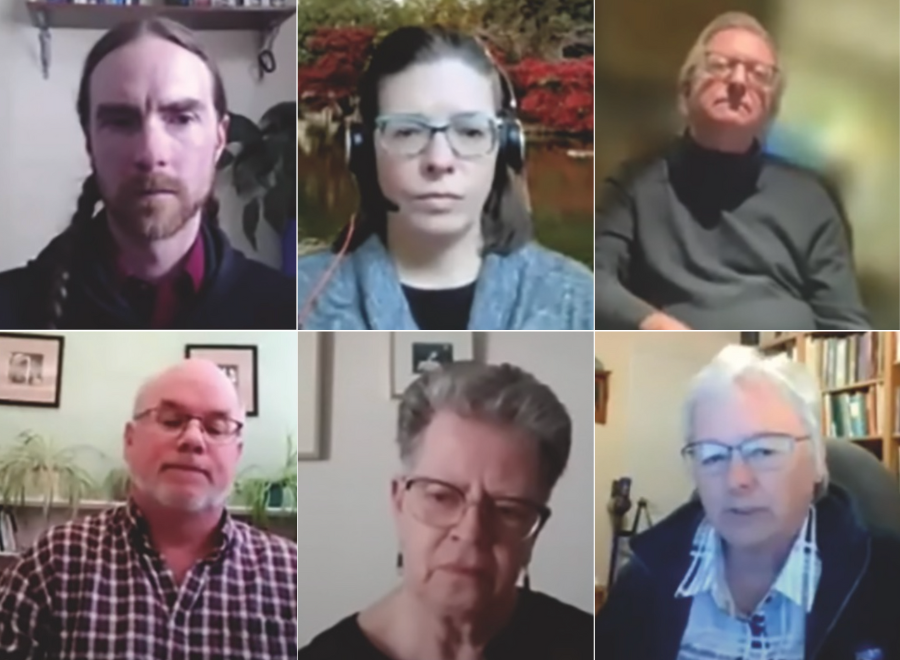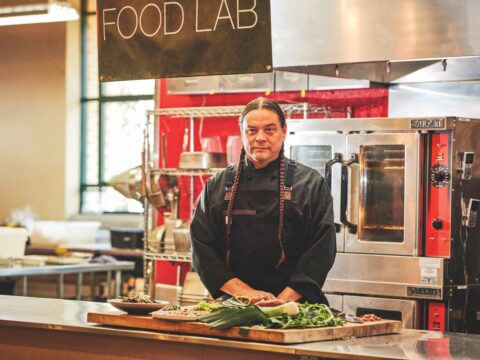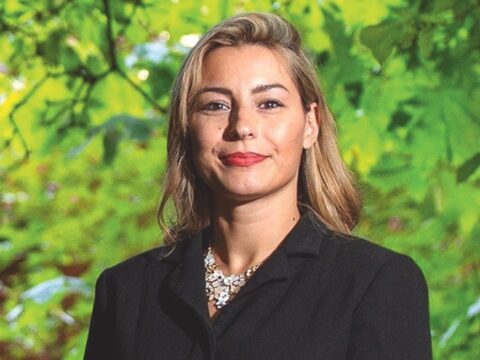Designated lay ministers (DLMs) are frustrated and disappointed after commissioners referred a proposal focused on their needs back to the General Council Executive for further discussion. On July 23, commissioners agreed that the issues affecting this ministry stream should be addressed, but only after recommendations are brought back to a recall meeting of Council in October 2023.
“This felt like another slap in the face,” says Ann Harbridge, a DLM in Rosemont, Ont., who attended Council as an invited guest. “I feel like we have talked till we are blue in the face.” She adds that the treatment of DLMs represents a justice issue for the church.
You may unsubscribe from any of our newsletters at any time.
Designated lay ministry was created by the 37th General Council in 2000 as an outgrowth of lay ministry. It was intended to meet the needs of small rural congregations. But in opening vocational ministry to church leaders who had previously experienced barriers to access, the denomination began a stream of paid accountable ministry that — for most people in church pews — is hard to tell apart from ordered ministry. “Congregations don’t know or care about the difference,” says Harbridge.
DLMs have their own system of education and training, and many have served their churches for decades, Harbridge points out, but they aren’t granted the same status as ordered ministers. “We’ve had to go through a discernment process, just like ordered folks, and we have an education process that is similar to an apprenticeship model, but the church doesn’t value our gifts.” In a denomination-wide remit vote in 2018, the United Church rejected a proposal to include designated lay ministry as a stream of ordered ministry.
Stemming from this failure, the proposal at General Council 44 had two parts: one focused on supporting rural and smaller communities of faith; the second directed the general secretary to consult with DLMs with the aim of allowing them to meet the requirements for ordination, as well as to consider recognizing the status of retired DLMs.
The denomination “has been more than willing to bend the definitions and limitations of designated lay ministry to call up and appoint designated lay ministers into traditional pastoral ministry roles,” the proposal noted.
After commissioners expressed frustration that the proposal had not been broken up into two distinct proposals, as recommended by the facilitation team, the two sections were voted on separately.
More on Broadview:
- COVID, confusion and chaos marred the first-ever virtual General Council
- Will churches get back to pre-pandemic attendance?
- United Church votes to start looking into union with other denominations
Only the first section, on supporting smaller congregations, was affirmed. The facilitation team reported that most commissioners didn’t discuss the second section on DLMs, or else they didn’t support it or offer a clear way forward. That section was referred back to the General Council Executive for further review, despite coming out of a ministry leadership task group that met over two years and included three consultations with designated lay ministers.
Part of the reason the DLM section didn’t pass, according to Toronto-based commissioner and DLM Steven Loweth, came down to uncertainty. “The proposal was not understood by commissioners, and there is confusion about what DLMs are as ministers.”
Despite Council’s decision, general secretary Rev. Michael Blair says that the issues facing this stream represent a crisis that needs to be resolved. “It must be demoralizing and dispiriting for DLMs that the church can’t find a way to acknowledge their contributions,” he says. “The leadership of the church wants a solution.”
***
Rev. Christopher White is in ministry at Kedron United Church in Oshawa, Ont.
This story first appeared in Broadview’s October/November 2022 issue with the title “DLMs disappointed.”















Going through a discernment process is an important step but an education process similar to an apprenticeship model? When I finished seven years of education, getting my BA plus my M. Div with horrendous student loans to go with that I always wondered about those folks who didn’t have to do any of that and yet were still on almost the same salary scale as me. I am now retired yet still an adult student of theology, spirituality and the early church and I value the education I received but It looks to me that the qualifications of ministry are different for different people and churches. What, exactly, are the standards for United Church ministry these days?
As a newly ordained minister in a rural Pastoral Charge, I asked a congregant if he believed I needed the education I had in order to do that job [as his minister]. He blustered a sarcastic “no!”. After I left that pastoral charge, they were assigned a Lay Pastoral Minister in Training [which was the precursor to DLM]. It was disappointing to accept that the Pastoral Charge didn’t notice or care about the difference in quality of our ministries. It’s even more disappointing now to realize that the DLM program seems to be an easier way to do ministry, and ministers from that program can work anywhere they want, instead of the initial goal of the lay ministry program, which was to supply service to that person’s own local congregation.